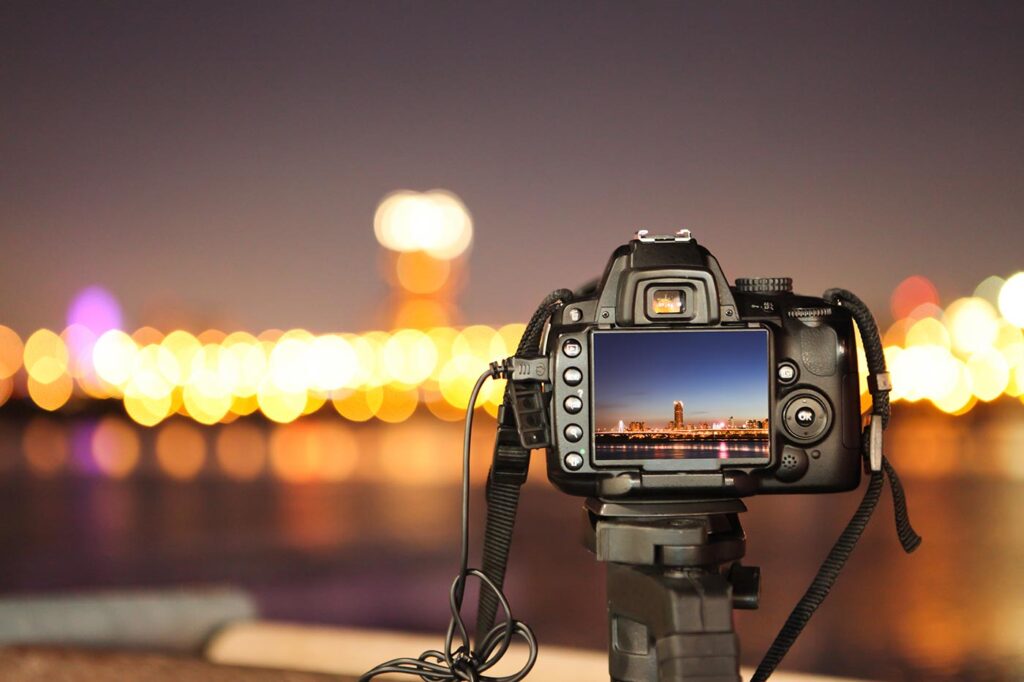The Basics of Photography Usage Fees
Being a photographer is a difficult job. It takes time, patience, and tremendous skill to capture images that appeal to others.
When photographers take pictures, they automatically become the property of the photographer. They own the copyright to their work and have exclusive rights to the images.
Licensing photographs is one of the primary ways professional photographers make money. By doing this, the photographer can retain ownership over the pictures and regulate the terms that control their use by others. Photographers can earn a living by charging usage fees and entering into licensing agreements.
Here, we will take a closer look at photography usage fees and the licenses accompanying them.
What Is A Photography Usage Fee?
A photography usage fee is a term interchangeable with a licensing fee. A usage fee is what someone pays to use your pictures. The terms of the license govern how the images may be used, where, and for how long.
Are There Standard Usage Fees for The Photography Industry?
No. Usage fees are determined by the photographer or other entity that owns the pictures. Different photographers can charge different fees. Usage fees also vary depending on the photo itself or how it will be used.
However, a photographer or other entity may have a standard usage fee for their work.
Should Photographers Post Usage Fees on Their Websites?
Making your usage fees public is not a requirement, but it can help should you find yourself in litigation for copyright infringement.
When you have a registered copyright certificate, and someone uses your photo without permission, you might be entitled to statutory damages. Statutory damages could range from $750 to $30,000 and up to $150,000 if copyright infringement was willful. How does the court decide on an amount with this vast range?
One factor the court considers is the licensing fee. Many courts will take the licensing fee for using the photo and multiply it by a factor of three to ten.
By having your licensing fees on your website, there can be little question about the value of an appropriate fee. In other words, it helps the court determine damages you suffered in your claim against an infringer.
What Do Licenses Regulate?
People pay usage fees to license your work. Licenses control the way your pictures may and may not be used. Licenses tend to include terms about editorial use, commercial use, and use for promotional purposes. When someone pays a usage fee, they agree to use the pictures according to the terms of the license.
What Does A Basic License Contain?
A license to use a photograph should contain the following basic information:
- The name of the client called the licensee.
- The name of the photographer called the licensor.
- Photography credit information such as the photographer’s name and website URL
- The date the usage or license begins
- The duration of the license or when it ends
- Whether the license is exclusive or non-exclusive
- Any territory in which the pictures can and can’t be used
- How the pictures can be used such as in print magazines, billboards, websites, on commercial products, digital ads, and more
How Do You Calculate Usage Fees?
Some websites offer calculators to help photographers establish “appropriate” usage fees for their work. Some photographers ask for assistance from lawyers who specialize in representing the rights of photographers.
Generally, the usage fee associated with a photography license will vary with the terms of use included in the license. For example, photographers typically charge a higher fee for an exclusive license than for a non-exclusive license. Photographers also charge more (and licenses get more complicated) when the image will be used for commercial purposes instead of personal use.
Photographers Call US Copyright Attorneys at Sanders Law Group
If you need help drafting licensing agreements, calculating appropriate usage fees, or other copyright-related issues, call our offices today at (800) 979-3707 to schedule a free consultation.
Our US Copyright attorneys represent photographers, videographers, and other creative professionals and can assist with copyright litigation, registration filing, negotiating licensing agreements, and more.



